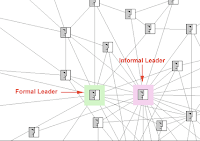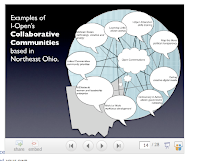 A Practical Guide to developing a Successful Corporate Sustainability Program is an excellent guide published by the company, Waste Management. If you are struggling to convince your management on the importance and relevance of a sustainability initiative for your company, this guide lays out the business benefits e.g. improved worker productivity, reduction in operating costs, and energy savings along with practical suggestions for implementation.
A Practical Guide to developing a Successful Corporate Sustainability Program is an excellent guide published by the company, Waste Management. If you are struggling to convince your management on the importance and relevance of a sustainability initiative for your company, this guide lays out the business benefits e.g. improved worker productivity, reduction in operating costs, and energy savings along with practical suggestions for implementation.
The guide also calls out what consumers expect from business. This should catch the eye of your CMO as well as the section that calls out reputation-building benefits.
Consumer Expectations
– Reduce pollution throughout of?ce and manufacturing operations (71%)
– Design products/packaging with more environmentally-friendly contents and minimal packaging (69%)
– Distribute and transport goods more ef?ciently (69%)
– Communicate environmental efforts to employees and consumers, so they can support those efforts (69%)
– Donate money to environmental causes (59%)
– Lobby for more environmentally friendly policies (57%)
Reputation-building Benefits
-Brand enhancement and protection
-Marketing advantage—price premium
-Appreciation in shareholder value
-Employee recruiting, retention and satisfaction improvements
-Customer loyalty
-and “Most Favorable” regulatory reporting requirements
And no faking it!
However, you should beware of using your corporate sustainability report strictly as a public relations tool. There are many advocacy groups that monitor these reports and check the validity of claims made in them.
While you may download a copy of “Practical Guide” of this report here and I suggest you visit the Waste Management site as well.




 The Institute for Open Economic Networks
The Institute for Open Economic Networks 
